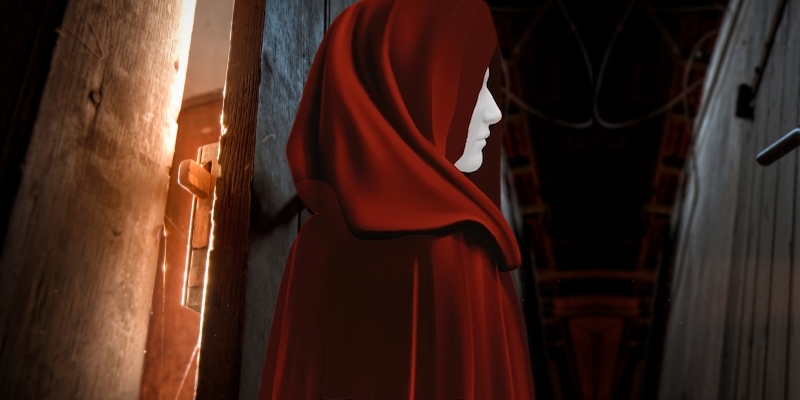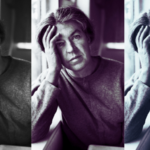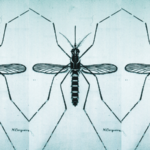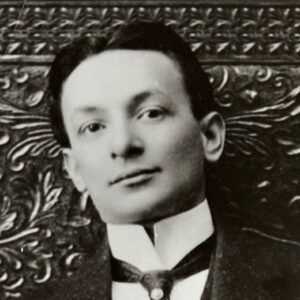Books about secret societies are always thrilling to me, no matter what genre they’re in. I devour them all. It’s so much so fascinating to peek behind closed doors, into hidden worlds, to see and to question where power really lies.
I don’t mind which genre I find my secret society fix in. This selection includes books that could be described as thrillers, dark academia, fantasy or literary novels. They are some of the most brilliant, most gripping, most compulsive and most fun novels I’ve read.
*

Donna Tartt, The Secret History
Loved by millions of readers and set in the hallowed grounds of an elite liberal arts college in Vermont, The Secret History is an outstanding novel that tells the story of impressionable Richard, a troubled young student who falls under the spell of a charismatic professor when he’s allowed to join his small, select, and eccentric group of classics students, united by their academic elitism and their worship of beauty.
Events turn fatal as their obsessions develop and it’s impossible to look away as their lives spiral out of control.

R.F. Kuang, Babel
Wildly inventive, imaginative and whip-smart, Babel is a must read. The setting is mostly a fictionalized version of Oxford University in the 1830s but this novel also takes a sea voyage to Canton and the cast of characters hails from all over the world. Its themes are powerful: colonialism and racism, the power of words and literature.
At Oxford, the Royal Institute of Translation (known as “Babel”) is revered for its magical ability to enhance Britain’s silver bar economy, which has enabled its global dominance. The hero, Robin Swift, and three fellow students must decide whether to join the Hermes Society, a secret organization with a plan to end that dominance, colonial violence and suppression.

Dan Brown, The Da Vinci Code
Dan Brown teased an arcane and controversial theory about the origins of the Holy Grail into a page-turning thriller that became a global sensation and was made into a terrific action movie. The novel famously begins with a murder in the Louvre, and its main character, Robert Langdon (a brilliant, code-crushing “Professor of Religious Iconography and Symbology” at Harvard) became a household name.
It’s a wild, exciting, pacy, conspiracy-theory infused story centered around a clandestine society called the Priory of Sion who have an extraordinary secret to protect.

Alex Michaelides, The Maidens
We’re back on campus in this novel. This time it’s Cambridge University who have employed a lecturer charismatic enough to be adored by both students and colleagues. Edward Fosca is especially adored by members of a secret society of female students called The Maidens.
When one of the Maidens is found murdered, therapist Mariana Andros is convinced that Fosca is responsible. She’s suspicious of his obsession with ancient rites, especially Persephone’s journey to the underworld, but no one else seems to care. How much will Mariana sacrifice to prove that she’s right?

Agatha Christie, The Seven Dials Mystery
Not, perhaps, most people’s favorite Christie novel but this mystery is packed with fun elements. The story starts at a country house party with a practical joke that backfires horribly and leads the reader to a sleazy gambling club in London’s Seven Dials where a mysterious society of men meet, wearing hoods decorated with clock faces. The plot is wild.

Leigh Bardugo, Ninth House
Yale alumni Leigh Bardugo reimagines the campus as a magical, fantastical place where darkness has been spreading. Her heroine, Alex, has a rare ability: she can see ghosts. This gets her a full scholarship to Yale where she’s recruited to join Lethe, the ninth secret society or house on campus, and the one responsible for monitoring the other eight.
Alex uncovers sinister, forbidden goings on. Are the dead still dead? Are the living safe on campus? Excellent fantasy horror.

Umberto Eco, Foucault’s Pendulum
A learned and brilliant novel. The work of a philosopher and a literary giant. Occult manuscripts feature, as do a trio of curious book editors, and it’s packed with secret societies. If you have your thinking head on and are tempted to embark on an arcane, intellectually challenging quest to understand how conspiracy theories can be born and flourish, this is the book for you.

Arturo Pérez-Reverte, The Club Dumas
Perhaps not strictly a secret society novel but well worth inclusion here for the shadowy network of antiquarian book dealers who share an interest in a Satanic manuscript. Detective Lucas Corso is hired to authenticate both a recently sold partial manuscript of Alexandre Dumas’s The Three Musketeers and an ancient text that can purportedly summon the devil.
Pérez-Reverte creates a vivid world of eccentric characters and fascinating locations as Corso’s quest takes him through Spain, Portugal and France. I loved the clever weaving of literary references to Dumas’s work through the pitch-dark mystery at the novel’s heart.

Terry Pratchett, Guards, Guards
For a very different take on the secret society trope, Terry Pratchett’s novel, Guards, Guards, part of his Discworld series, and the first of his City Watch series, is smart, humorous, satirical, fantasy. A secret society of tradesmen, called the Brotherhood of the Serpent, has summoned a 60ft fire breathing dragon to terrorize their city as part of a plan to take it over.
The City Watch, a band of corrupt incompetents (though here newly under improvement after a recruit takes over), must foil the plot. Pratchett delights in deconstructing a trope. He does it here with all his trademark skill and style. Enjoy!
***


















